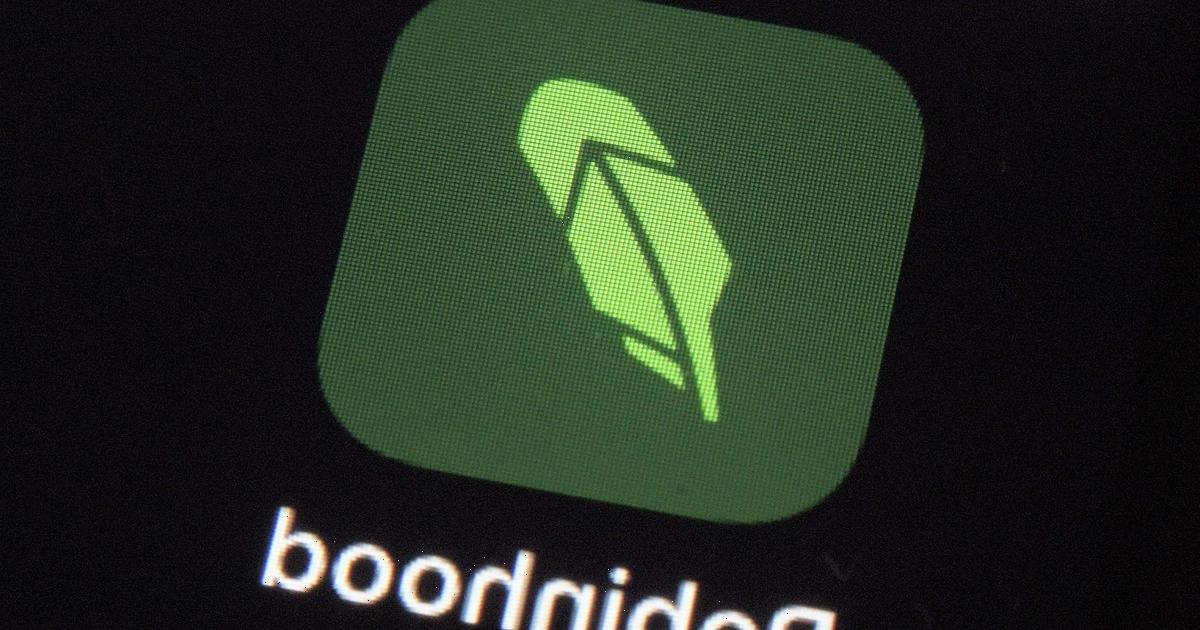Prominent women including Diane Abbott, Emma Watson and Annie Lennox publish an open letter urging online platforms to make their sites safer for females – prompting Facebook, Google, TikTok and Twitter to vow to improve reporting systems
- The four tech giants have committed to tackle the abuse of women online
- It comes as hundreds of prominent women have published an open letter
- This includes MPs Diane Abbott, Jess Phillips and Fleur Anderson
Facebook, Google, TikTok and Twitter have committed to improving their reporting systems and handing users more control over their experience as part of an initiative to tackle the abuse of women online.
It comes as hundreds of prominent women around the world, including Diane Abbott, Emma Watson and Annie Lenox, have published an open letter urging the platforms to make their sites safer.
The four technology giants have made the commitments during the United Nations Generation Equality Forum in Paris.
The commitment comes after a year-long campaign led by the World Wide Web Foundation, which saw experts, government and women affected by online abuse come together to create solutions to the issue.
Scroll down for video
hundreds of prominent women around the world have united to demand technology giants do more to make their sites safe (PA)
They focus on improving the features which will enable users to better manage who can engage with their posts and more options to filter certain types of content, as well as strengthening reporting systems so users can track and manage reports of abuse.
The open letter recognises the pledges made by the tech giants and urges them to act upon them.
It has been signed by global leaders including Mozambican politician and women’s rights advocate, Graca Machel, former Chilean president Michelle Bachelet, MPs Diane Abbott, Jess Phillips and Fleur Anderson, as well as other prominent women including Emma Watson, Annie Lennox, FKA Twigs, Thandie Newton, Gemma Chan and Maisie Williams.
The open letter recognises the pledges made by the tech giants and urges them to act upon them, and was signed by women including Diane Abbott
Emma Watson was among the prominent women who signed an open letter, urging the online platforms to update their systems
The letter says the announcement is a ‘historic opportunity’ for the companies and calls on them to tackle ‘one of the biggest barriers to gender equality: the pandemic of online abuse against women and girls’.
According to research on the issue, 38 per cent of women globally have directly experienced abuse online, rising to 45 per cent among younger women.
The UN Forum in Paris is being held to discuss how to advance women’s rights around the world.
Emily Sharpe, Web Foundation director of policy, said: ‘With today’s announcement, these companies have established themselves as leaders in the fight against the abuse of women online.
‘This collaboration has shown the promise of smart, evidence-led change in tech that is open and connected to people’s real online experiences.
‘We’ll be tracking these companies against the commitments they’ve made and will publish annual reports showing their progress.
‘We expect other companies to join these four and step up to the challenge.’
WHAT DO FACEBOOK’S GUIDELINES FOR CONTENT SAY?
Facebook has disclosed its rules and guidelines for deciding what its 2.2 billion users can post on the social network.
The full guidelines can be read here. Below is a summary of what they say:
1. Credible violence
Facebook says it considers the language, context and details in order to distinguish casual statements from content that constitutes a credible threat to public or personal safety.
2. Dangerous individuals and organisations
Facebook does not allow any organizations or individuals that are engaged in terrorist, organized hate, mass or serial murder, human trafficking, organized violence or criminal activity.
3. Promoting or publicising crime
Facebook says it prohibit people from promoting or publicizing violent crime, theft, and/or fraud. It does not allow people to depict criminal activity or admit to crimes they or their associates have committed.
4. Coordinating harm
The social network says people can draw attention to harmful activity that they may witness or experience as long as they do not advocate for or coordinate harm.
5. Regulated goods
The site prohibits attempts topurchase, sell, or trade non-medical drugs, pharmaceutical drugs, and marijuana as well as firearms.
6. Suicide and self-injury
The rules for ‘credible violence’ apply for suicide and self-injury.
7. Child nudity and sexual exploitation of children
Facebook does not allow content that sexually exploits or endangers children. When it becomes aware of apparent child exploitation, we report it to the National Center for Missing and Exploited Children (NCMEC).
8. Sexual exploitation of adults
The site removes images that depict incidents of sexual violence and intimate images shared without permission from the people pictured.
9. Bullying
Facebook removes content that purposefully targets private individuals with the intention of degrading or shaming them.
10. Harassment
Facebook’s harassment policy applies to both public and private individuals.
It says that context and intent matter, and that the site will allow people to share and re-share posts if it is clear that something was shared in order to condemn or draw attention to harassment.
11. Privacy breaches and image privacy rights
Users should not post personal or confidential information about others without first getting their consent, says Facebook.
12. Hate speech
Facebook does not allow hate speech on Facebook because it says it creates an environment of intimidation and exclusion and in some cases may promote real-world violence.
13. Graphic violence
Facebook will remove content that glorifies violence or celebrates the suffering or humiliation of others.
It will, however, allow graphic content (with some limitations) to help people raise awareness about issues.
14. Adult nudity and sexual activity
The site restricts the display of nudity or sexual activity.
It will also default to removing sexual imagery to prevent the sharing of non-consensual or underage content.
15. Cruel and insensitive
Facebook says it has higher expectations for content that defined as cruel and insensitive.
It defines this as content that targets victims of serious physical or emotional harm.
16. Spam
Facebook is trying to prevent false advertising, fraud and security breaches.
It does not allow people to use misleading or inaccurate information to artificially collect likes, followers or shares.
17. Misrepresentation
Facebook will require people to connect on Facebook using the name that they go by in everyday life.
18. False news
Facebook says that there is also a fine line between false news and satire or opinion.
For these reasons, it won’t remove false news from Facebook, but, instead, significantly reduce its distribution by showing it lower in News Feed.
19. Memorialisation
Facebook will memorialise accounts of people who have died by adding “Remembering” above the name on the person’s profile.
The site will not remove, update or change anything about the profile or the account.
20. Intellectual property
Facebook users own all of the content and information that they post on Facebook, and have control over how it is shared through your privacy and application settings.
21. User requests
Facebook say they will comply with:
- User requests for removal of their own account
- Requests for removal of a deceased user’s account from a verified immediate family member or executor
- Requests for removal of an incapacitated user’s account from an authorised representative
22. Additional protection of minors
Facebook complies with:
- User requests for removal of an underage account
- Government requests for removal of child abuse imagery depicting, for example:
- Beating by an adult
- Strangling or suffocating by an adult
- Legal guardian requests for removal of attacks on unintentionally famous minors
Source: Read Full Article





